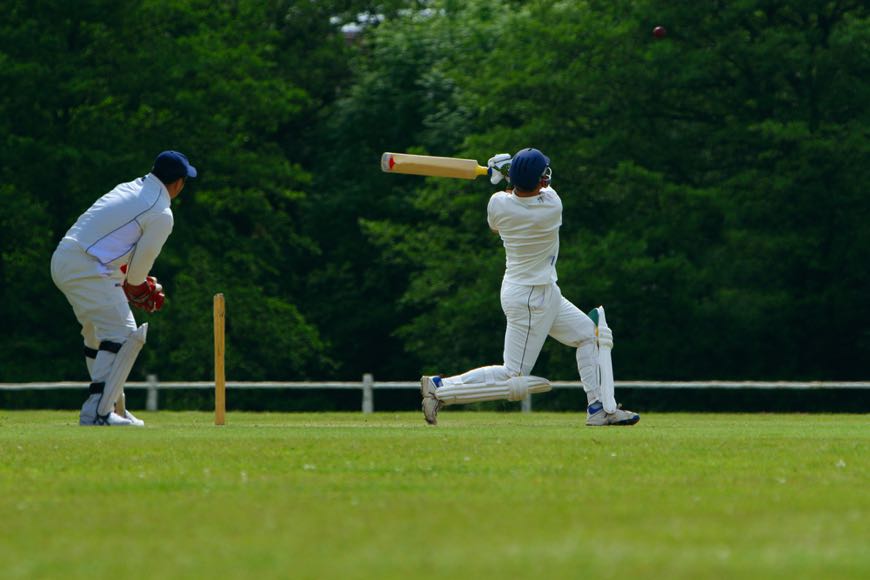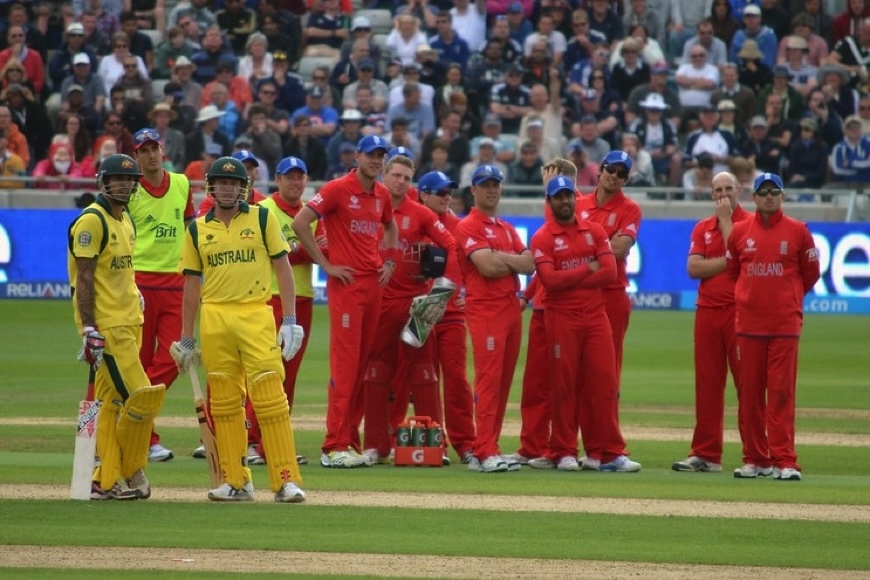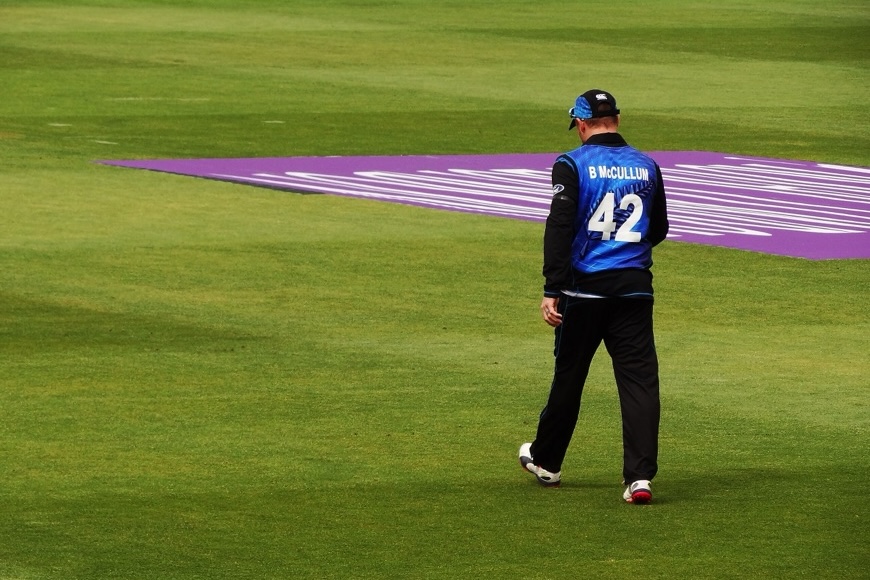For several years, England were the premier white-ball side in world cricket. They won the 2019 50-over World Cup and then backed that up by landing the T20 World Cup in 2022. At that time, their unrivalled batting power led to some huge scores, and they set the standard for how the game should be played.
However, in recent years, they have gone very much backwards. Key players have retired or simply got older, while other nations have built on what England did and now just do it a little bit better. England have had a torrid time of things in the shorter formats of the game over the last two or three years.
Defending their 50-over crown, they finished seventh of 10 teams in 2023, winning just three of their nine games. In the following year’s 20-over competition, they were average in the group phase but sneaked through to the last four, where they were hammered by India.
The focus in English cricket at the moment is the Ashes Test series later in 2025 and into 2026. That has been the case for some time, and that partly explains the decline in limited-overs performances. However, there was a sign recently that perhaps England might be on the up again in white-ball action, as they recorded a record win over a very decent South Africa side.
England Beat SA by 342 Runs
Bethell & Root ton up 🏏
Jofra Archer on 🔥
342 run victory margin 👏
Full 3rd ODI highlights 👇— England Cricket (@englandcricket) September 7, 2025
First, the bad news: this was a dead-rubber clash after South Africa secured victory in the series by winning the first two games. England were abysmal in the first game, with many of their players looking tired after a long summer of cricket. They were dismissed for just 131 after being put into bat, a target the tourists raced to from just 20.5 overs, with seven wickets in hand.
The next game saw an improved performance from Harry Brook’s men but another defeat. SA clattered 330, having been sent in to bat, and England came up just short. It would have been a record run chase at Lord’s had they pulled it off, but despite some late heroics from Jofra Archer (27 not out from 14 balls), they lost by five runs.
The third and final clash of the series, ahead of a three-match T20 series, took place at Southampton’s Rose Bowl, and the crowd there finally saw what we all hope is the real England. They rode their luck a little, and the tourists were undoubtedly not quite as up for it, while also not at full strength. But even so, the scale of the victory suggests England at least have some real potential.
Astonishing Batting… But Even Better with the Ball?
 Put in to bat, England started very well and simply kept on going. Jamie Smith and Ben Duckett laid a great platform, putting on 59 runs in eight and a half overs before the latter was dismissed for 31 (33 balls). Smith then took the score to 117 alongside Joe Root before he was dismissed for 62 from just 48 balls.
Put in to bat, England started very well and simply kept on going. Jamie Smith and Ben Duckett laid a great platform, putting on 59 runs in eight and a half overs before the latter was dismissed for 31 (33 balls). Smith then took the score to 117 alongside Joe Root before he was dismissed for 62 from just 48 balls.
Jacob Bethell was next in. Alongside Root, he made sure England were on for a massive total. While Root was content to take singles and twos, hitting just six fours in his eventual 100 from 96 balls, Bethell was showing off his power and ball striking. The youngster hit his first professional hundred, reaching 110 from just 82 balls before being stumped. His innings included shots all around the ground, with 13 fours and three maximums.
That brought Brook to the crease, but he was soon run out attempting a second that was never there. Two quick wickets may have seen England falter but a brutal 62 off just 32 balls from Jos Butter and a handy 19 from eight by Will Jacks propelled England well past 400. They amassed 414/5, their highest score ever against the Proteas, with no bowler spared from the onslaught.
It was obviously going to take a near-miracle for the series winners to complete a clean sweep, their task made harder by the fact that skipper Temba Bavuma was unable to bat due to injury. However, with Archer bowling at express pace and finding the perfect line and length, it soon became clear that even respectability would be beyond the tourists.
They lost their first wicket without scoring, before slumping to 2/2, 6/3, 7/4, 18/5 and 24/6. Archer, Brydon Carse and Adil Rashid were proving unplayable and in the end delivered figures of 4/18, 2/26 and 3/17 respectively. It was Archer who did the most damage, though, bowling seven overs straight through and hitting 93mph, rarely dropping much below 90mph. His first spell saw seven overs cost just 10 runs and return four wickets. He will be disappointed he could not add a fifth, but all in the England camp will be excited about this performance and how much damage a fully fit Archer might do in the Ashes.
Returning to the here and now, South Africa struggled to form any sort of partnership. Corbin Bosch and Keshav Maharaj added 25 before the latter fell for 17, while the former’s 20, alongside the tail, ensured that they at least avoided the ignominy of recording their nation’s worst score ever in ODIs. They moved past 69, just, but were dismissed for just 72, with almost 30 overs still left to bat.
Biggest Win Ever
England’s mammoth total was backed up by some sensational bowling and meant that Brook’s men won by 342 runs. That represented the biggest win ever by a team batting first. The biggest five wins of all time have come since January 2023, reflecting the bigger scores now being achieved in the modern game.
Previously, the record win was India’s 317-run margin over Sri Lanka from the 15th of January 2023. There have only been five victories by over 300 runs, and this was England’s first. Their most comprehensive victory previously had come against Australia in 2018. They scored 481 that day at Trent Bridge, while more recently they beat the Windies by 238 in May this year.
In terms of wins by teams batting second, there have been too many to mention by 10 wickets. The first of those came in just the 24th ODI ever, back in 1975, with India beating the now-defunct East Africa combined side. The biggest win in terms of balls remaining, restricted to only 50-over games (previously some matches were 60-over affairs), was Sri Lanka’s nine-wicket win over Zimbabwe in 2001. They had 274 balls left, winning inside five overs!




